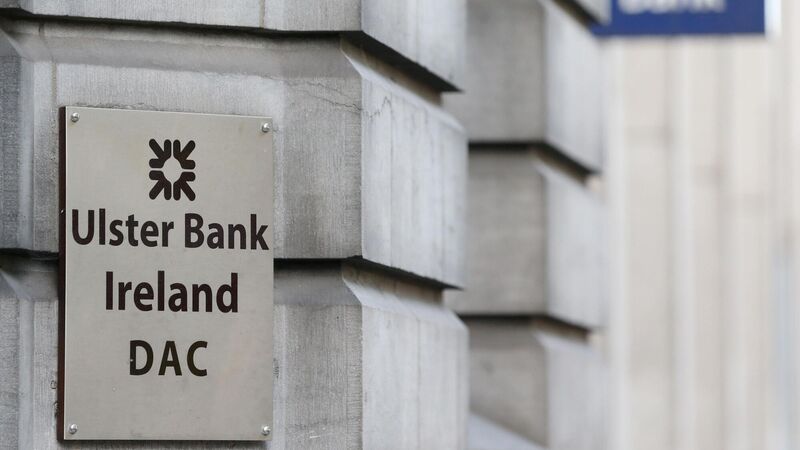Focus on bank bosses as Ulster Bank fined record €37.8m for tracker scandal

Ulster Bank 'devised and implemented a deliberate strategy' to keep some customers in the dark and 'caused unacceptable and avoidable harm' that involved 'significant overcharging to the loss of 43 properties' . File picture: Sasko Lazarov/Rollingnews.ie
A record fine of €37.8m for Ulster Bank for its part in the industry-wide tracker mortgage scandal has put the focus back on the lack of accountability for top bosses in Irish banking.
The Central Bank said Ulster Bank had admitted its “serious failings” that involved 5,940 of its mortgage customers, some of whom lost their family homes because they were purposely overcharged and misled over a long period.









